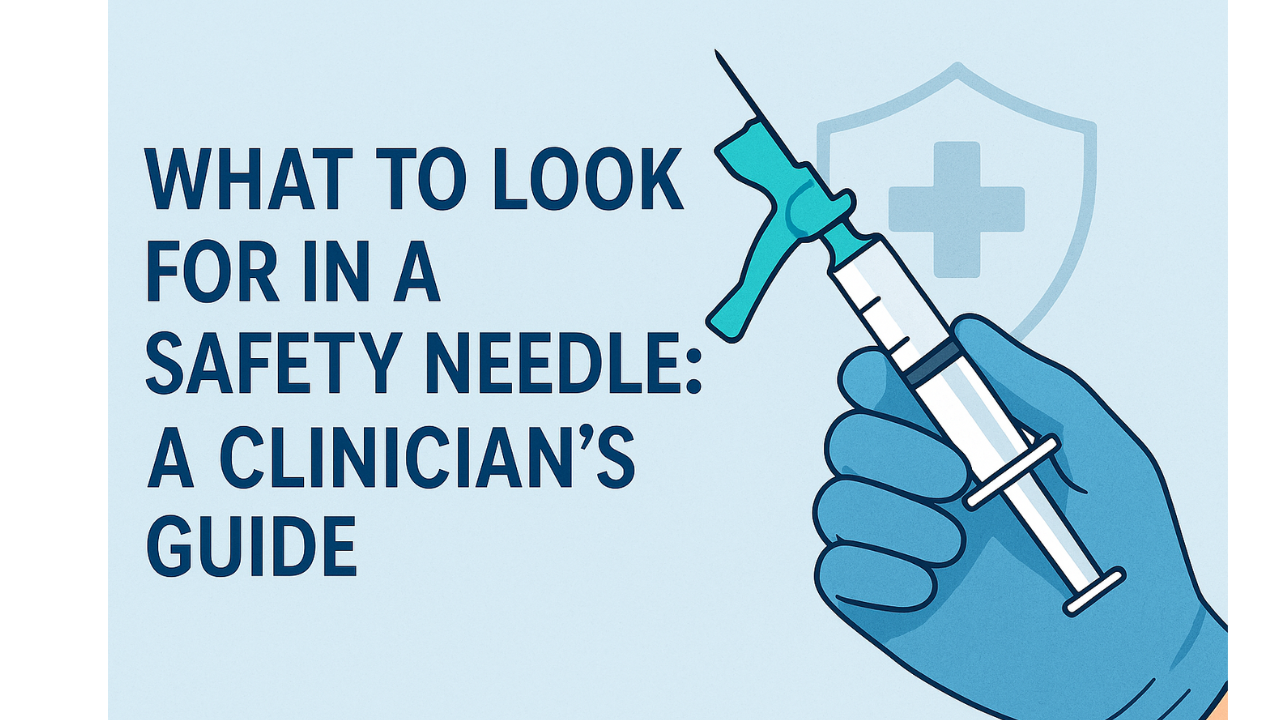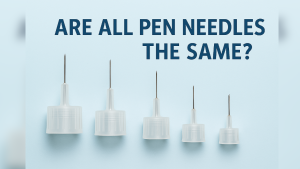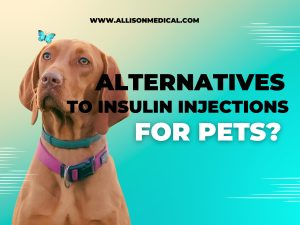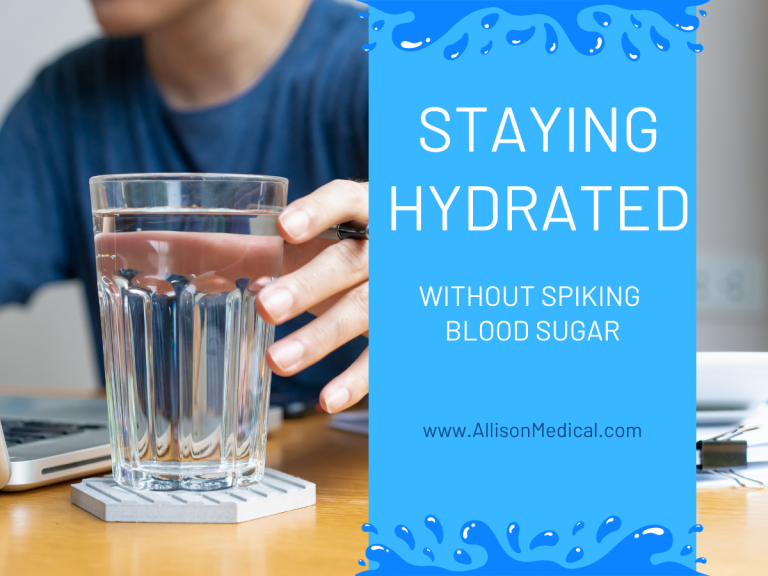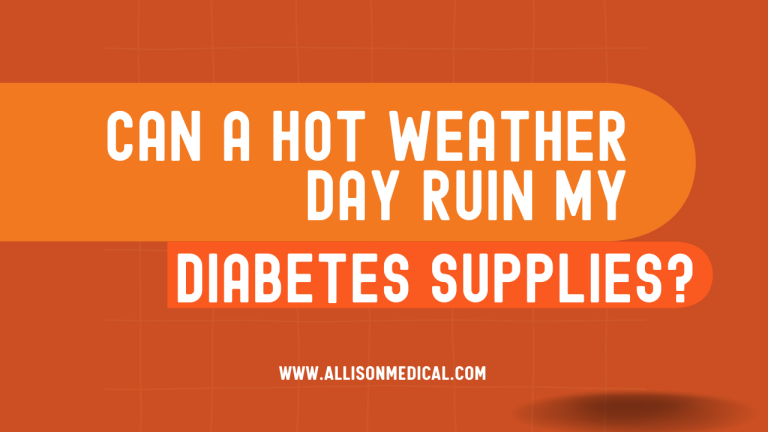Be sure to talk to your medical professional before making any treatment or equipment changes.
For healthcare providers, safety is paramount. Choosing the right needle isn’t just about compatibility; it’s about protecting staff and patients. Here are the top features to consider when selecting a safety needle.
Built-In Safety Mechanism Look for needles with retractable or shielded designs. These features minimize the risk of accidental needlesticks, a major concern in clinical settings.
Clear Labeling and Packaging Ensure the product is clearly labeled with size, gauge, and expiration date. Good packaging prevents contamination and allows for easy inventory management.
Latex-Free Materials To prevent allergic reactions, choose needles made from latex-free and BPA-free materials.
Compatibility with Syringes and Devices Safety needles should easily attach to standard syringes and be tested for compatibility with other medical devices.
User Feedback and Clinical Testing Reputable brands publish testing data and receive consistent positive feedback from healthcare providers.
Cost vs. Value While safety needles can be more expensive, the cost of a needlestick injury—both financially and legally—can be much higher.
Conclusion Choosing a safety needle is a critical decision that impacts daily operations and staff well-being. Allison Medical’s safety needle line offers proven protection and reliability.

